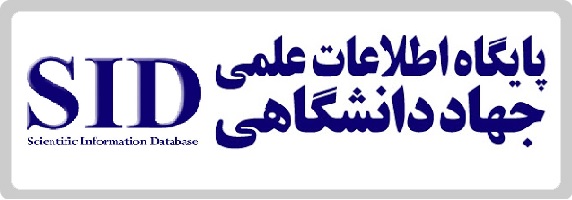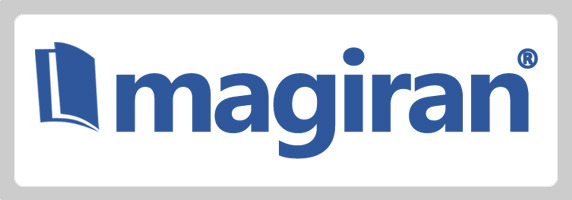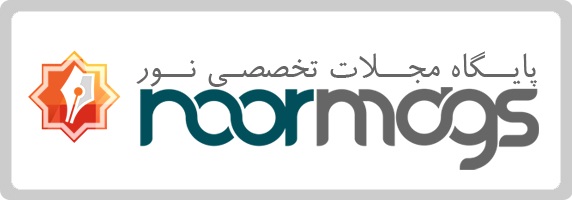Fārābī, Narāghī and Gharavī, the founders of Ontological Argument in Islamic Philosophy
Keywords:
God, necessary being, ontological argument, Fārābī, Mullah Mehdi Narāghī, Gharavī EsfehaniAbstract
Ontological argument is an argument for the existence of God which is not based on the beings and their properties, but is based on the concept or definition of God. In western philosophy, Anselm is the first philosopher who argued in this way. But in Islamic philosophy there were some philosophers- who were unaware of western philosophy- that argued in this way. If Fārābī’s argument can be considered as one of the examples of the ontological arguments, he can be known as the first founder of this argument. Mullah Mehdi Narāghī and Gharavī Esfehani have some arguments which are certainly and evidently the real example of the ontological argument. Based on different definitions of God, this argument has various versions. One of these versions is based on the definition of God as a necessary being that the arguments of Narāghī and Gharavī are based on it. This essay studies the arguments of these three Muslim philosophers.





